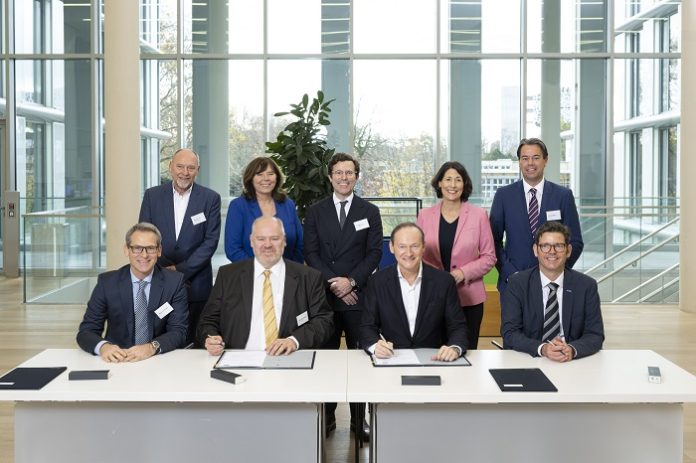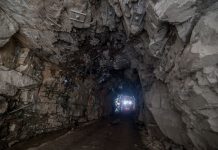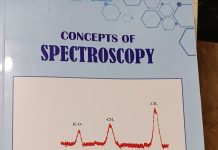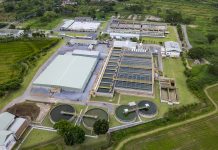
In a strategic move to advance renewable energy use, BASF and Vulcan Energy Resources have signed a memorandum of understanding (MoU) to explore the potential of geothermal energy at BASF’s Ludwigshafen site.
The agreement, signed in the presence of Rhineland-Palatinate’s Minister of Economic Affairs, Daniela Schmitt, underscores a shared commitment to sustainability and energy transformation.
Harnessing Geothermal Energy
The collaboration aims to tap into deep geothermal sources in the Upper Rhine Graben to supply BASF’s largest site with renewable, base-load energy.
The initiative also promises benefits for the nearby urban centers of Frankenthal and Ludwigshafen, which are involved in seismic surveys to assess geothermal potential.
If successful, the project could deliver up to 300 megawatts of thermal energy annually. This would enable the production of approximately four million metric tons of CO₂-free steam, essential for BASF’s operations.
By eliminating reliance on fossil fuels, the initiative could prevent the emission of 800,000 metric tons of CO₂ every year, significantly reducing the site’s carbon footprint.
Integrating Green Lithium Production
In addition to renewable heat, Vulcan plans to produce sustainable lithium for the battery and automotive industries.
The geothermally heated water in the upper Rhine Graben contains high concentrations of lithium. It is a key material for lithium-ion batteries used in electric vehicles and electronics.
BASF will use the thermal water to generate steam. Vulcan will then extract lithium using adsorption-type direct lithium extraction (A-DLE), a resource-efficient process.
Plans are underway to potentially establish a lithium extraction plant at BASF’s Ludwigshafen site, aligning with Europe’s growing demand for green lithium.
Potential for District Heating
Beyond industrial applications, the geothermal energy could support district heating in Frankenthal and Ludwigshafen.
Vulcan and BASF are working with local energy providers Technische Werke Ludwigshafen and Stadtwerke Frankenthal to assess the feasibility of providing low-emission heating to households.
This effort represents a critical step toward a municipal-level heat transition. It showcases how innovative energy projects can benefit communities alongside industrial stakeholders.
Pioneering Energy Transformation
“We aim to supply our Ludwigshafen site with CO₂-free steam in the future,” stated Uwe Liebelt. He is the President of European Verbund Sites at BASF SE.
Liebelt added, “Partnering with Vulcan brings the expertise needed to implement this complex project. The success of this initiative will highlight the impact of close collaboration. It shows how industries, politicians, and energy suppliers can work together to drive regional energy transitions.
Reducing Dependency on Imports
Minister Daniela Schmitt highlighted, “Developing domestic energy resources like geothermal energy reduces our dependency on imports and shields us from volatile global energy prices”. She further emphasized her commitment to advocating for supportive policies at the federal and EU levels.
A Dual-Purpose Vision
Thorsten Weimann, Chief Development Officer at Vulcan, emphasized their goal. He stated, “Our aim is to reduce CO₂ emissions in the region while providing renewable heat to industries and local populations.” This partnership with BASF is central to our strategy of combining geothermal energy with sustainable lithium production”.
Seismic Surveys and Exploration
The first milestone is conducting seismic surveys to assess geothermal conditions in the Upper Rhine Graben.
Vulcan, as the project’s technical lead, will oversee this exploratory work, slated to begin in early 2025.
As per the press release, by combining renewable heat and sustainable lithium production. The partnership between BASF and Vulcan sets a benchmark for environmentally and economically sound energy solutions.





























